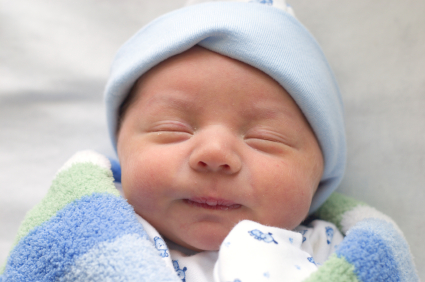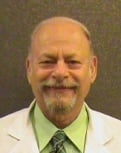Lowell Weiner DDS

Do you feel like you are not getting enough sleep?
If so, you may find that you experience a wide variety of health problems.
These medical problems tend to become additive over time-and according to a new study at the University of Surrey in England reported in the March 23 Science News, even a small deficit in sleep may affect your circadian rhythm, immune system, and lead to health problems.
Sleep Loss May Change Your Genes
The volunteers in the study slept at least 8 hours a night for the first week. Then they were only allowed to sleep for up to 6 hours in the second week. According to the Science News article, Sleep Loss Affects Gene Activity, “People were sleepy and sluggish after that week, and blood tests showed that the activity of 711 of their genes had changed,” researchers reported. In just 2 weeks and going from 8 hours of sleep to just under 6 hours of sleep- caused a change in over 700 genes including those that govern the immune system!
Better Sleep for Better Health
Is it any wonder that people who have lived the longest and have experienced the increased additive effect of lost sleep, have more illnesses? While it’s true that there are many causes for decreased sleep, sleep apnea and snoring will decrease the oxygen supply and thus decreases sleep. We tend to push on with less sleep and accommodate as best we can with an inefficient system, but this adds up over time to create health problems.
Make restful sleep a priority. Get help for sleep apnea or snoring, which inhibits good quality sleep.
Sleep is not a luxury- our genes require it.

Lowell Weiner D.D.S., F.A.G.D, is a biological dentist at National Integrated Health Associates, a leading integrative medical and dental center serving Washington, D.C., Maryland and Virginia. Dr. Weiner's area of interest is dental issues that affect sleep quality such as sleep apnea, snoring and TMJ.
.png?width=305&height=132&name=NIHAlogoBLUE_3_transparent%20(2).png)
